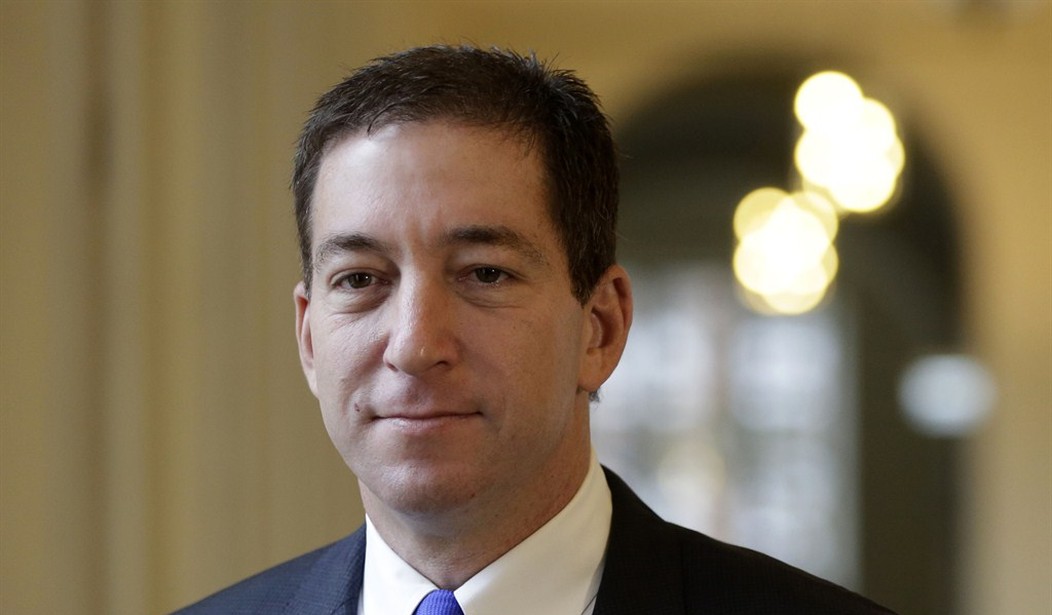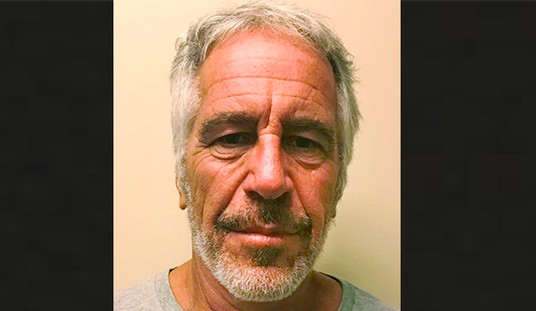In a bit of “inside baseball” news, journalist Glenn Greenwald has announced his intent to resign from the news site he helped found during the Edward Snowden leaks due to what he claims is censorship of an article he wrote detailing the allegations Hunter Biden — and, by extension, his father Joe Biden — were involved in an influence peddling scheme with a state-connected Chinese energy firm.
Greenwald, one of three co-founders of The Intercept, announced his intention in a Twitter thread Thursday.
My Resignation From The Intercept
The same trends of repression, censorship and ideological homogeneity plaguing the national press generally have engulfed the media outlet I co-founded, culminating in censorship of my own articles.https://t.co/dZrlYGfEBf
— Glenn Greenwald (@ggreenwald) October 29, 2020
Greenwald, in a long post at Substack, claims editors at The Intercept decided that Greenwald’s piece on the Biden’s affair must excise crucial critical mentions of the scheme, despite what Greenwald says was a founding principle that journalists at the site were given free reign to publish without restriction or need to adhere to editorial positions on the subjects of their stories.
I did not want to leave The Intercept. As it deteriorated and abandoned its original mission, I reasoned to myself — perhaps rationalized — that as long as The Intercept at least continued to provide me the resources to personally do the journalism I believe in, and never to interfere in or impede my editorial freedom, I could swallow everything else.
But the brute censorship this week of my article — about the Hunter Biden materials and Joe Biden’s conduct regarding Ukraine and China, as well my critique of the media’s rank-closing attempt, in a deeply unholy union with Silicon Valley and the “intelligence community,” to suppress its revelations — eroded the last justification I could cling to for staying. It meant that not only does this media outlet not provide the editorial freedom to other journalists, as I had so hopefully envisioned seven years ago, but now no longer even provides it to me. In the days heading into a presidential election, I am somehow silenced from expressing any views that random editors in New York find disagreeable, and now somehow have to conform my writing and reporting to cater to their partisan desires and eagerness to elect specific candidates.
To say that such censorship is a red line for me, a situation I would never accept no matter the cost, is an understatement. It is astonishing to me, but also a reflection of our current discourse and illiberal media environment, that I have been silenced about Joe Biden by my own media outlet.
The Intercept, by most accounts, was founded specifically in “2014 to publish material from the former National Security Agency contractor [Edward Snowden], as well as to reveal other government secrets and push for press rights.” It hit a snag in 2017 with its botched handling of the Reality Winner story, in which many media outlets argued it had failed to protect Winner as a source which led to her arrest and ultimate jail term.
To recap: The Trump administration charged 25-year-old Reality Leigh Winner, a former Air Force linguist, with leaking classified information — just hours after the Intercept published a story based on a National Security Agency document describing efforts by Russian military intelligence to hack into America’s voting system.
Barton Gellman, a leading national security journalist and former Washington Post staffer, pointed to “egregious mistakes” by the site’s reporters as they tried to verify the NSA document before publication. He called what happened “a catastrophic failure of source protection” while acknowledging that Winner would have been the lead suspect under any circumstances.
Greenwald claims that the handling of the Winner story — and the site’s use of his name to help evade responsibility — was one of many instances leading up to his decision to resign, with censorship of the Biden story representing the final straw. He says the mistakes in the Winner story were born of a desire to fall in line with mainstream reporting on the Russiagate scandal and he blames editor-in-chief Betsy Reed for that debacle as the person who oversaw the story.
The most egregious, but by no means only, example of exploiting my name to evade responsibility was the Reality Winner debacle. As The New York Times recently reported, that was a story in which I had no involvement whatsoever. While based in Brazil, I was never asked to work on the documents which Winner sent to our New York newsroom with no request that any specific journalist work on them. I did not even learn of the existence of that document until very shortly prior to its publication. The person who oversaw, edited and controlled that story was Betsy Reed, which was how it should be given the magnitude and complexity of that reporting and her position as editor-in-chief.
It was Intercept editors who pressured the story’s reporters to quickly send those documents for authentication to the government — because they was eager to prove to mainstream media outlets and prominent liberals that The Intercept was willing to get on board the Russiagate train. They wanted to counter-act the perception, created by my articles expressing skepticism about the central claims of that scandal, that The Intercept had stepped out of line on a story of high importance to U.S. liberalism and even the left. That craving — to secure the approval of the very mainstream media outlets we set out to counteract — was the root cause for the speed and recklessness with which that document from Winner was handled.
For her part, Reed released a statement Thursday following Greenwald’s resignation announcement. There is apparently no love lost between the two as she calls Greenwald’s decision to resign little more than a “tantrum.”
"We have the greatest respect for the journalist Glenn Greenwald used to be" is the most devastating burn I've read this year https://t.co/9zBUHDQcxX
— Patrick George (@bypatrickgeorge) October 29, 2020
The Intercept, it should be noted, was founded by billionaire eBay founder Pierre Omidyar, a staunch Trump critic. It was founded “in the belief that ‘the prime value of journalism is that it imposes transparency, and thus accountability, on those who wield the greatest governmental and corporate power.'”













Join the conversation as a VIP Member